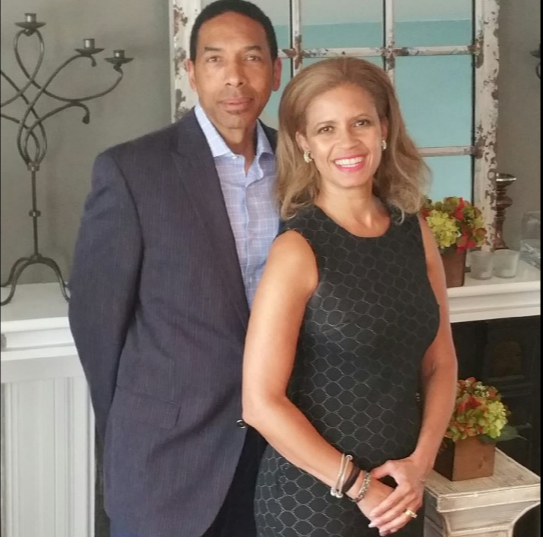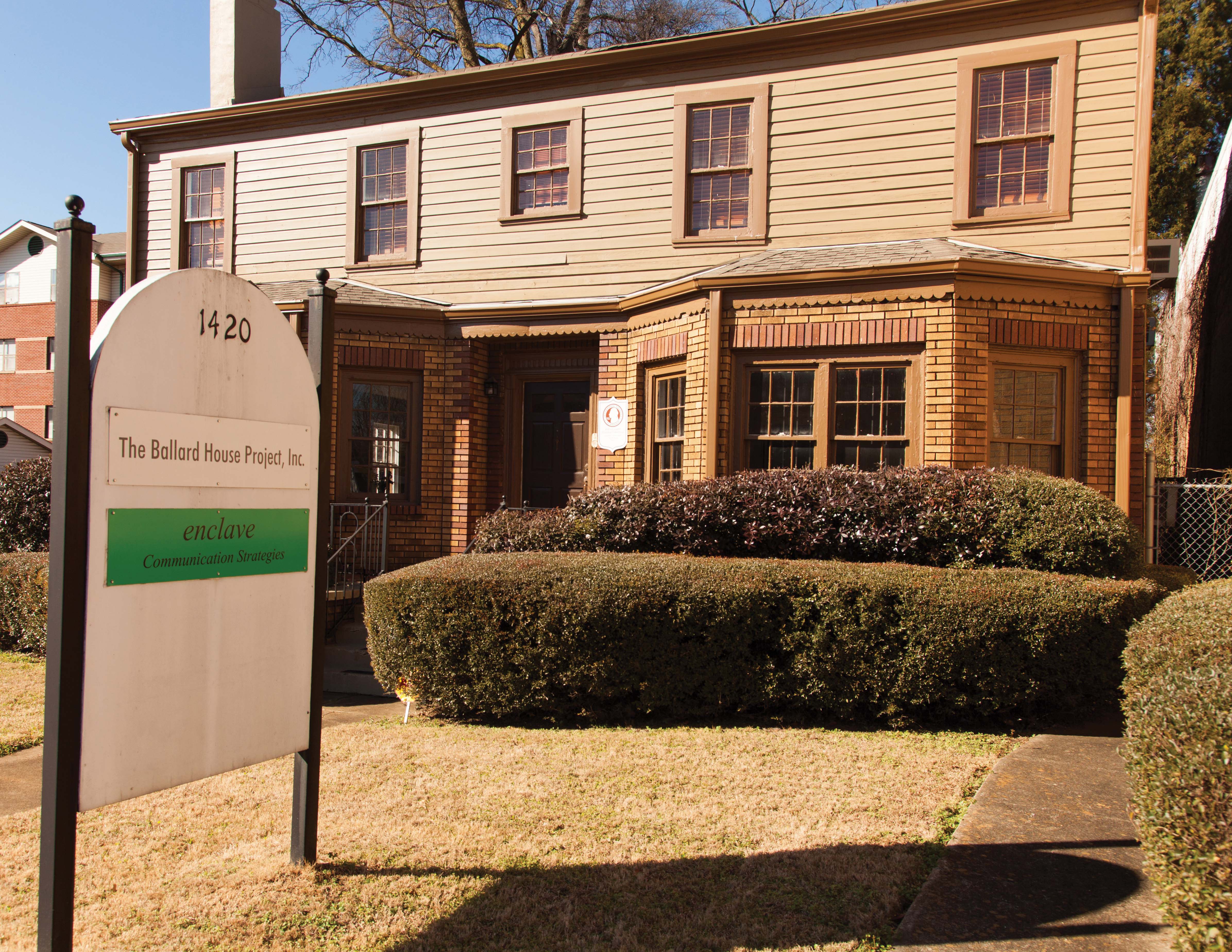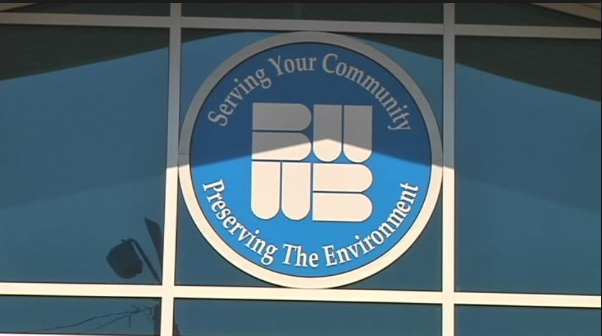By Nick Patterson
For the Birmingham Times

Starting a little more than 100 years ago, shortly after the turn of the 20th century, a Birmingham doctor built a home that would serve as a haven for the clientele he served – the growing black population in the city. Dr. Edward H. Ballard’s house is no longer a doctor’s office, but it’s still serving a special role: as a gathering point for the history and culture of the black community.
One of the latest initiatives at the Ballard House, now a 501c3 nonprofit focused on gathering, documenting and sharing history, is a series of public discussions called Community Conversations. It’s an effort to better the Birmingham of today by building on the dynamism that shaped the city early in its history and which carried on through the pivotal Civil Rights Movement period, said Ballard House Project Executive Director Majella Hamilton.
“From what we are finding, the principles of sacrifice, faith, and a spirit of collaboration seemed to undergird every effort to succeed and support in this dynamic community,” she said. “I believe it was these small and large steps of resistance that formed a cataclysmic chain of influences, shaped events, and wrote the backstory of progress, ultimately fueling change in this community, state, and nation. In Birmingham, the Ballard House is one of the few surviving structures in the historic Civil Rights District, that played a pivotal role in the evolution…
“Through these Community Conversations, we are gaining and sharing insight and inspiration with residents and visitors to build on that foundation that shaped our city. We believe that with the knowledge of this legacy, we can work together across generations and races to envision the Birmingham we choose to become.”
The Community Conversations program will be held Thursday at the Birmingham Public Library’s Linn-Henley building in the Dr. Richard Arrington Jr. Auditorium. In advance of the program, Hamilton talked to the Birmingham Times about how Community Conversations fits the mission of the Ballard House Project to share “insight on how people of color lived, worked, socialized, and served their communities.”
Birmingham Times: Why do you think a series like Community Conversations is so important in Birmingham?
Majella Hamilton: History has a way of bridging us to the past, while preparing us for future growth. Knowing the experiences of those who came before us is critical to cultivating a strong sense of who we are in our communities. Oral histories enrich our lives, serving as a community’s resourceful stepping stones. They are comprised of stories that portray vivid memories or perspectives, important to understanding the overall history of a time period for those with an interest in learning from the past to meet present-day and future challenges and to share with the next generation.
After many years of gathering individual oral histories, The Ballard House Project, Inc. launched its Collective Memory initiative with a focus on Community Conversations in order to bring people together in metro Birmingham to document and celebrate the shared history of our community.
BT: How does this series actually engage members of the community? How broad is the part of the community you hope to reach?
Hamilton: As the series progresses, community members will get the opportunity to share individual memories or short stories that are important to them. We will have many conversations taking place on a variety of topics that everyone can find an interest in. This project seeks to touch on residents of Birmingham and many surrounding communities in the metropolitan area. We are targeting working and middle-class populations and members of the African- American community because those are the areas where gaps exist in the historical narrative.
BT: Why is the Ballard House the right venue for a series of talks like this?
Hamilton: The nonprofit organization continues its work to renovate and re-program the site, designated by the Jefferson County Historical Society as an historic structure and designated by the National Register of Historic Places as a contributing structure to the Birmingham Civil Rights Historic District. As caretakers of a piece of Birmingham’s history, we open this treasure to the community with transformative workshops, exhibits, oral histories, and special events.
As a cultural and informational center, The Ballard House gathers and provides a storehouse of information, direction, and resources on this important facet of Birmingham’s heritage. The building has a storied history, that highlights what life was like in the African-American community of Birmingham in the decades leading up to the Movement’s transformational changes. We highlight the people, organizations, places, and events that contributed to this dynamic time. It is a story that has inspiration and value for current and future generations.
BT: How does this series fit with the overall mission of The Ballard House?
Hamilton: The Ballard House was constructed in the first half of the 20th century in Birmingham as a medical office and residence (one of few surviving live-work structures) for Dr. Edward H. Ballard and his family. Built on the foundation of Ballard’s previous home/office, dating back to 1908, the current building was designed and completed by African-American contractor Leroy Gaillord in 1940. The history of the building, as well as those who worked there and gathered there, is rich. It includes serving as a meeting place for the civic, service, and social networking of African-American organizations in Birmingham who were barred from gathering in many areas of the city.
That heritage also encompasses the legacy of a commitment to human and civil rights through the work of African-American physicians, such as Dr. Ballard, Dr. Dodson Curry, Dr. Herschell Hamilton, Dr. Ross Gardner, among many others.
BT: What’s your ultimate goal for Community Conversations? Do you think there is enough subject matter and enough interest to sustain this series long term?
Hamilton: Community Conversations honors the heritage and voices of the Birmingham community, a large segment of our population whose early, local history is under-represented, largely unknown, and, therefore, not-fully-appreciated. This history, gathered over a time period, is valuable to the whole community and should be documented, preserved and disseminated to people of all backgrounds.
Throughout the year, The Ballard House Project, Inc. schedules oral histories and collective memory sessions with community members from different backgrounds to document, preserve, and celebrate the stories of the past, which are relevant to present and future generations. Because many historical facts about the experiences of life in the early years of Birmingham are not widely known, The Ballard House Project builds on what we learn in each oral history with scholarly research, data gathering, and by hosting “Community Collective Memory” sessions, such as these.
Thus far, we have received a positive response from the community. Quite frankly, the information we are gathering is critical to the lifeblood of who we are today and whether we will thrive in the future. If we are truly a community, we all must know and appreciate our shared legacy! To that end, these Community Conversations will help us develop a relevant historical profile of the Birmingham area population’s memories of their lives, and those of their ancestors. Community members and volunteers are working to piece together the elements that make up the cultural fabric of this special community we call home with the goal of sharing that information with the community.
Gather for Community Conversations will be held July 27 from 9:30 a.m. to 6 p.m. The program is free and open to the public. For more information about the Community Conversations schedule or the Ballard House Project, call (205)731-2000 or visit ballardhouseproject.org.
Community Conversations is supported by the City of Birmingham, Community Foundation of Greater Birmingham, Alabama Power Foundation, Mr. and Mrs. Ruffner Page, Protective Life Foundation, Wells Fargo, Dr. and Mrs. Adolphus Jackson. The Ballard House Project is located at 1420 7th Avenue North.




